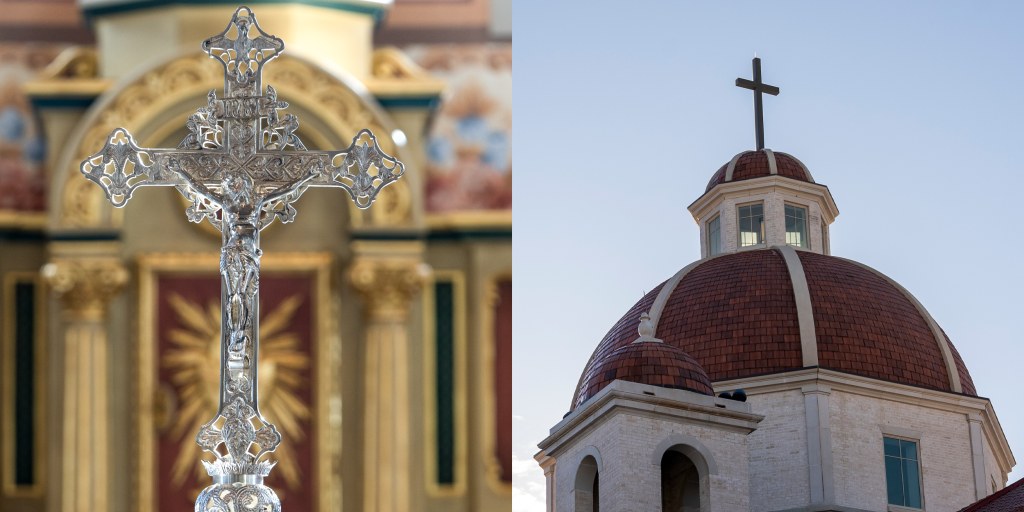Faith vs. Education: Supreme Court Weighs Landmark Religious Charter School Ruling

In a controversial legal standoff, Oklahoma's Republican Attorney General is challenging a proposed Catholic virtual charter school, arguing that its establishment would breach the constitutional separation of church and state. The proposed online school has sparked a heated debate about religious freedom and educational access, with the attorney general asserting that the virtual charter school would violate the First Amendment's Establishment Clause.
The proposed Catholic virtual charter school aims to provide online education through a religious lens, but state officials contend that public funding for such an institution would inappropriately entangle government resources with religious instruction. This legal challenge highlights the ongoing tension between religious educational initiatives and constitutional restrictions on government support for religious institutions.
At the heart of the dispute is a fundamental question: Can a publicly funded virtual charter school operate under explicit Catholic educational principles without crossing the constitutional line separating church and state? The attorney general's stance suggests a strict interpretation of the First Amendment, emphasizing the importance of maintaining a clear boundary between government funding and religious education.
As the debate unfolds, educators, legal experts, and religious advocates are closely watching this potential landmark case that could have significant implications for religious school funding and educational innovation in Oklahoma and potentially beyond.
